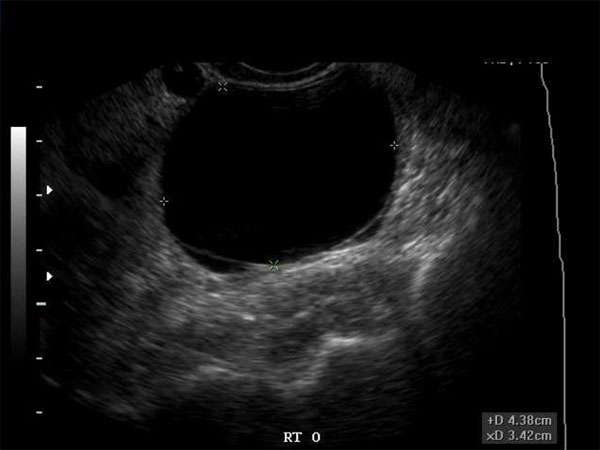ACCME’s Impact on Enhancing Patient Care and Safety
Introduction
ACCME (Accreditation Council for Continuing Medical Education) plays a crucial role in improving patient care and safety by providing guidelines and requirements for continuing medical education (CME) for healthcare professionals. This article aims to highlight the importance of CME and the impact of ACCME’s accreditation on various healthcare specialties.
Why CME is Important
Continuing Medical Education is essential for healthcare professionals to stay updated with the latest advancements in their respective fields. It ensures that doctors, sonographers, nurse practitioners, and other healthcare professionals are equipped with the knowledge and skills necessary to provide the best possible care to their patients.
ACCME’s Requirements for CME
ACCME sets forth specific requirements for CME programs to ensure their quality and effectiveness. These requirements include:
-
- Content must be evidence-based and based on the best available scientific data.
-
- Educational activities should address the professional practice gaps and learner needs.
-
- Activities should be planned, implemented, and evaluated to promote changes in competence, performance, or patient outcomes.
-
- CME providers must engage in continuous improvement and evaluate the impact of their activities.
ACCME’s Impact on Different Specialties
Radiologists
Radiologists benefit from ACCME-accredited CME activities by staying updated with advancements in imaging technology, protocols, and interpretation techniques. This helps in accurate diagnosis and treatment planning.
OB/GYN
ACCME-accredited CME activities for OB/GYNs focus on the latest guidelines and best practices in women’s health, prenatal care, and gynecological surgeries, ensuring the provision of optimal care for patients.
Vascular Surgeons
ACCME-accredited CME activities for vascular surgeons cover topics such as endovascular procedures, stenting techniques, and management of arterial and venous diseases. This helps in improving surgical outcomes and patient safety.
Emergency Medicine
For emergency medicine physicians, ACCME-accredited CME activities provide updates on trauma management, resuscitation techniques, and critical care interventions, enabling them to provide prompt and effective care to patients in critical conditions.
Family Practice
ACCME’s accreditation ensures that family practice physicians receive CME activities that cover a wide range of medical specialties, allowing them to provide comprehensive primary care to patients of all ages.
Internal Medicine
ACCME-accredited CME activities for internal medicine physicians focus on chronic disease management, evidence-based medicine, and the latest treatment guidelines, enabling them to provide high-quality care to patients with complex medical conditions.
Orthopedic Surgery
Orthopedic surgeons benefit from ACCME-accredited CME activities that cover advancements in surgical techniques, implant technology, and rehabilitation protocols, leading to improved outcomes and patient satisfaction.
Sports Medicine
ACCME’s accreditation ensures that sports medicine physicians receive CME activities that provide updates on sports-related injuries, prevention strategies, and performance optimization techniques, enabling them to provide specialized care to athletes.
Neurology
ACCME-accredited CME activities for neurologists cover topics such as stroke management, neuroimaging, and emerging therapies, enhancing their ability to diagnose and manage various neurological disorders.
Cardiology
ACCME’s accreditation ensures that cardiologists receive CME activities that cover cardiovascular imaging, interventional procedures, and advances in pharmacotherapy, allowing them to provide state-of-the-art care to patients with heart diseases.
Conclusion
ACCME’s accreditation plays a vital role in enhancing patient care and safety by ensuring that healthcare professionals receive high-quality CME activities. By staying updated with the latest advancements and best practices, doctors, sonographers, nurse practitioners, and other healthcare professionals can provide the best possible care to their patients. Continuous learning and improvement are essential to deliver optimal healthcare outcomes.






